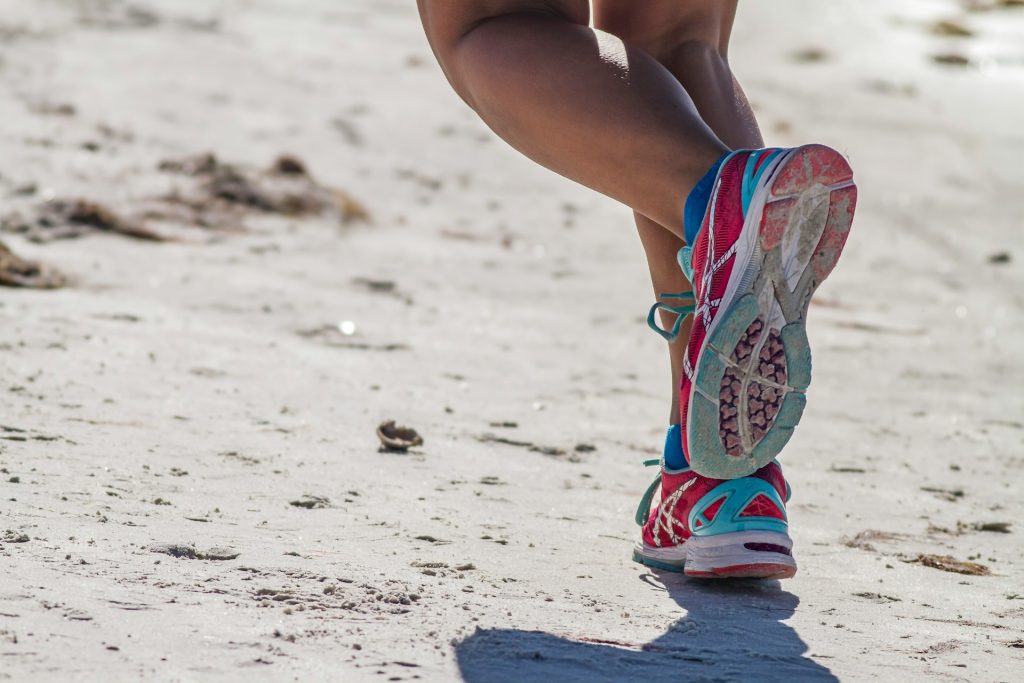So, the Med Season is fast approaching.
Yachts are crossing from elsewhere, they are in yards, being scrubbed and maintained and set up to their pristine readiness. From inside out our yacht-homes are being prepared to withstand the trials of heavy week-in week-out charter or owner use with endless mechanical maintenance, servicing and annual/quarterly and monthly deep cleans. But how many of us treat our own personal internal systems with the same care and attention? If we want to avoid the dreaded Burn-Out we need to spend a bit of time pre-season doing some physical and mental maintenance.
Never one to leave a metaphor un-thrashed, the team at Seas The Mind will say this: we need to take stock of our brains, our nervous systems and our bodies in the same way we do our boats and address those areas of corrosion, tired and worn mechanisms that are no longer serving us and fill our tanks with some rest, peace and positivity before we start putting it all under enormous strain again.
At some point in those coming weeks of 18-hour work days, intense and rapidly changing itineraries, pressure, heat and interpersonal mayhem every one of our coping mechanisms will be placed under great stress. It really helps if we start to look at this stuff pre-emptively and not once things are exploding or breaking down.

Finding That Balance
Now I say all this as though I didn’t do the exact opposite for most of my career.
Like most of my peers I have pushed myself to my limits. I would often deal with stress and pressure by going to the nearest bar and having an hilarious night or hit a beach club for a world-ender of a rosé lunch and then crack on as before.
There are, no doubt, some benefits to the age-old sailors’ techniques of ‘blowing off some steam’ in the nearest yachty drinking hole. The laughter and the levity and the fun would usually lift my spirits. But in the longer term the alcohol probably didn’t help my stress-resilience or my poor frazzled nervous system recover. The false energy of the party would wring the last vapours of real energy I had left out of me and then I’d have to dig deep to carry on the next day, week or month.
I would never tell crew not to party, but just maybe try and find a little balance. Go for a run before you hit the bar. Call home before you head to the beach. Sit and take five minutes to write down your worries. Have a video-therapy session or do a little yoga. Small personal rituals can be our safety net. I definitely learned this lesson the hard way, and now teaching Mental Health First Aid I spend a lot of time talking with crew about the crisis scenarios at the other end of all this if we don’t prioritise our own mental health.
Prevention Is Better Than Cure
What I really hope is that more crew find a way to work on prevention rather than cure.
I have been so heartened to see the increase in rotation on yachts but until the industry fully gets to grips with the working-hours problem we need to keep ourselves as mentally fit as we can to cope with whatever the season throws at us. Along with those M.O.B drills can I suggest some F.O.B – Fear of Burnout – and let it propel us into preventative action?

What Burnout Can Do To You
The thing is you see, Burnout is not pretty. It can manifest in a few different ways but they are all pretty unpleasant. It’s something you want to do everything in your power to prevent. Now when you consider the description of our job as crew and then you read the ‘risk factors’ for burnout they are pretty much the same list: (list here courtesy of the Mayo clinic)
- Having a heavy workload and working long hours – check.
- Struggling with work-life balance – CHECK!
- Feeling of having little or no control over work – check!
We run headlong into months-long scenarios where there is NO work life balance. Most of us take our leave during crossings/yard periods or the yacht’s downtime and then for the season its often impossible to do little more than reply to a Whatsapp from home.
Long hours? Anyone who’s worked more than a day with guests on board knows what that looks like.
And control? We work in a job where it’s not uncommon to wake up in the morning and ask someone in the crew corridor if they happen to know which country we’re in. These are things that are innately challenging for the human psyche. Recognising this doesn’t make us weak, it makes us fore-armed. Just as we wouldn’t launch into a marathon without training, launching into a season without a bit of self-care is starting on the back foot.
Marginal Positive Changes
I’m not suggesting checking into a Tibetan monastery, unless that’s your thing. But just a little recognition of what lies ahead and maybe upping our exercise routine a little, cutting down on the alcohol, taking up some kind of daily mindfulness practice – even if only 5 minutes in the morning – taking some proper rest, spending some time with loved ones – can only benefit us in the long run.

Different People, Different Reactions
A trauma specialist once explained to me why some people might be more profoundly affected by the same incident than others. He said that he always had to consider what a person had experienced in the run up to a traumatic event because if the time preceding their experience had already been tough then that was like taking a series of body blows in a boxing match.
By the time the difficult event happened a person already weakened by the body blows was far more likely to get knocked down. Now I know unless your season is REALLY bad it wouldn’t class as a trauma, but the principle really stuck in my head. I thought of all the different crew I had worked with and how some seasons had knocked some of us more than others. I realised how little I often knew about what my colleagues had endured in the run up to a season, or in their life prior to embarking our vessel.
We are not robots, we are humans with back stories and varying states of health and readiness for the work ahead. It helped me understand better than ever that to survive a hard season, the best thing I could do was to prepare. For Heads of Department: understanding this, especially when trying to motivate a team through back to back seasons, can be critical to success. Prioritising days off isn’t pandering to spoilt crew, it is essential in enabling them to work effectively through what lies ahead.
Let’s Get Sea-Ready
Of course I am a huge advocate of the Mental Health First Aid that I teach, but what I also advocate is trying to help prevent crew from needing that First Aid at all.
If we could just put a fraction of the effort we put into getting our yachts guest-ready into making sure we are also personally sea-ready, I think we could save at least a few crew from hitting the ropes. A healthy dose of Fear Of Burnout could be a very useful thing.
For more information about Seas The Mind, go to the website here: https://www.seasthemind.co.uk/

To keep up to date with the latest Superyacht Content News, click here.
Sign up to our Newsletter below:


.gif)


.gif)













